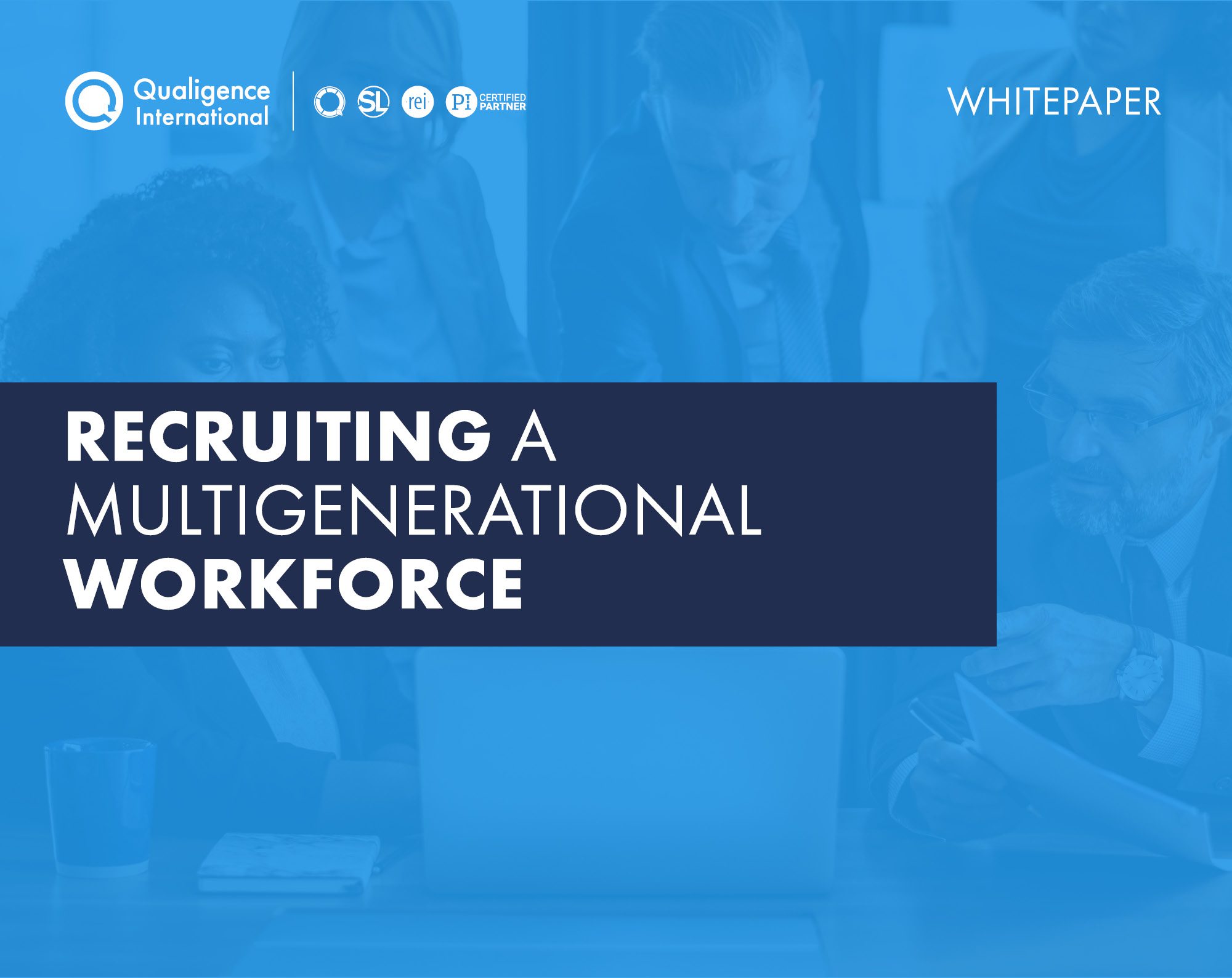In 2017, baby boomers made up a full 25% of the workforce – and 10,000 are hitting retirement age every day. While they’re enjoying their golden years, businesses will have to grapple with what this means for recruiting– a huge “talent gap” left by these retiring baby boomers.
Replacing such a large portion of the workforce is an enormous challenge, but it’s made even more difficult by the changing goal posts associated with modern retirement.
No Substitute for Experience
Employers are also concerned about whether or not they’ll even be able to replace retiring talent. When unemployment is at record lows, hiring and retaining top talent is certainly not an issue to take lightly. Given that many baby boomers have risen to senior or critical positions at their workplaces, it gets harder and harder to find individuals qualified enough to replace them.
Figuring out a way to transfer some of the knowledge and skills from your boomer employees may be your best bet. You could try a knowledge transfer program, or keep a retiring employee on-staff part-time for several months to train and guide a new hire in order to minimize the talent gap that could have been left behind.
Millennials Only Muddy the Waters
Of course, retiring baby boomers have to be replaced by someone younger than them – and the majority of the talent pool is now millennials. This complicates recruiting as these professionals are notoriously hard to hire and retain.
Millennials are demanding more from job opportunities while turning their noses up at some traditional benefits. Even worse, they’re not afraid to simply “ghost” recruiters, interviews, or their new company if things aren’t going their way.
The solution is to carefully consider what millennials are looking for and see if you can’t meet those demands. New Research has shown millennials greatly value freedom and flexibility in the workplace, among other points. To address that, see if you can’t let employees work from home on certain days, or allow employees to leave the office early when their work is done.
Traditional Recruiting Only Makes it Harder
Let’s face it: most companies are not properly equipped to replace retiring baby boomers. Why? Because the average company isn’t properly equipped to recruit effectively in the first place, let alone recruit large numbers of experienced, highly-qualified employees.
Traditional recruiting practices only compound the issues with replacing retiring baby boomers. More often than not, recruiters are overworked with minimal time to get to know the candidates and the requirements of a role.
Even worse, most third-party recruiters work on a commission based model, motivating them to fill roles as quickly as possible to put food on the table. The result is lightning fast recruiting that fills roles without any regard for the consequences of hiring. This greatly undercuts the quality of your hires, leading to low engagement, low retention, and a lot of lost profits.
When you combine the broken nature of traditional recruiting with a large amount of retiring workers in senior positions, you have something of a perfect storm for talent acquisition.
If You’re Like Most People, You’re Hiring the Wrong Way
In Mark Murphy’s book Hiring for Attitude, he brings up a statistic we think more recruiters should keep in mind: 11% of the time someone is fired, they’re fired because of their skills. For the other 89% of firings, it’s because of the employee’s behavior or competencies.
So we hire for skill, but we fire for personality…and yet traditional recruiting still revolves around what’s on someone’s resume, or their knowledge, skills
We have the ability to understand these factors. We can ask better questions in interviews to learn how a candidate works and what makes them tick. Going a step further, we can leverage behavioral analytics to quickly gain an understanding of a candidate’s personality to assess whether they’re the right fit or not.
There’s a Better Way Forward
As we prepare to replace highly-qualified retiring workers, there’s never been a better time to revamp your recruiting process and work to fill the growing talent gap. Professionals in talent acquisition have the tools to gain deeper insights
If you’d like to learn more about how you can recruit the right people for the right roles, give us a call today to talk to one of our friendly consultants.






